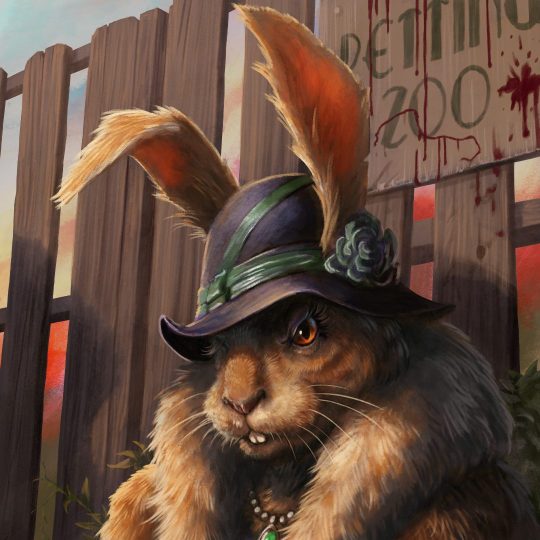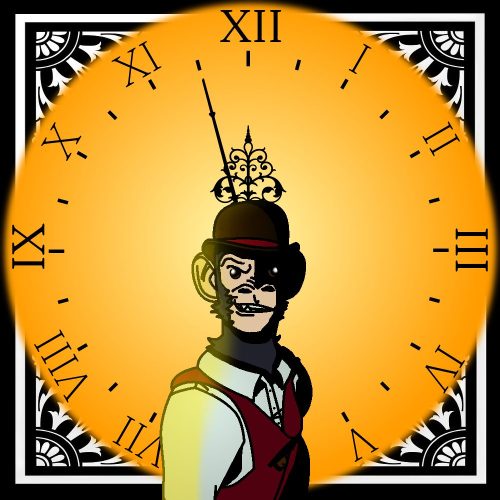
What Constitutes Bad Roleplaying at the Tabletop?
Salutations, nerds! I’ve been doing a lot of thinking about what constitutes bad roleplaying and I know there’s a lot of talk about this sort of thing floating around the internet as regards tabletop roleplaying games like fifth edition Dungeons & Dragons. Let me start by saying we’re not going to be talking about elitist nonsense today. So if you clicked this thinking you were going to find some vitriol about people playing pink haired characters with cat ears, look elsewhere. Also I’m going to go roll a pink tabaxi after this. Instead, after a lot of consideration and deliberation I’ve come to the conclusion a lot of what people consider to be bad roleplaying actually boils down to selfish roleplaying.
Roleplaying roadblocks
The usual offenses
Go to any roleplaying forum online and you’ll find a set of rules. And usually in this set of rules you’ll find things like Don’t Godmod and Don’t Metagame. And all right, so godmodding doesn’t usually happen at the D&D table, but freeform roleplaying is riddled with it. Since this is a mostly tabletop based platform, permit me a brief explanation.
Everyone wants to look like a badass in an roleplaying setting, so in freeform roleplaying the word for when a character refuses to take a hit or acts in an unrealistically godly way, is godmodding. It’s generally considered the mark of an amateur to do this. In most tabletops even the best constructed character is going to be capable of rolling a natural one sometimes and someone who’s going to play like this and lie about their rolls is literally cheating. That’s not the case in a freeform roleplaying, it’s just really annoying.
It can however happen in social situations in a tabletop RPG. For instance, if one character is codified as being intimidating and another member of the party just refuses to react or even reacts in the opposite way as desired.
Another common problem is metagaming, which happens when one character suddenly knows things they shouldn’t. And I know it gets thrown around a lot in moments like knowing the troll is weak to fire even though the character shouldn’t know that, but it also counts if one character suddenly just guesses something about another character’s backstory they really shouldn’t know.
Why this is a problem at the tabletop
We all know these things are issues, but why? The answer is actually pretty simple. It’s because it’s not very fun for the other people involved. It’s taking something and not giving back to the other players (or the Game Master!) at the table. If your character can do everything it doesn’t leave room for everyone else to shine. If your character just suddenly knows things about other characters because you read their profile, it doesn’t leave room for the player to share that information in a moment they choose.
When your character knows things about the monsters the party is fighting, and shouldn’t, it’s taking something away from the GM. And contrary to popular belief the GM is, in fact, a player and deserves to be having fun too.
How to fix it for your games
Really consider how your actions are affecting the other players. Always be asking yourself what your roleplaying partners getting out of this. Whatever it is you want your character to be, it should be in balance with being fair to the other players. There’s no roleplaying without them. They should be having fun too and you should be buying into their traits just as much as you want them to buy into your own.
When it comes to downtime at the tavern, your character should be asking at least as many questions as they’re answering. To those of you in the back row saying “but my character just wouldn’t be that curious,” tough cookies. Find another way to pass the spotlight anyway — Loner Syndrome is no longer an excuse.
If you’re freeform roleplaying make sure to take a few hits or at the very least make sure your partner is getting as much badassery as you are out of your fight scene. If you’re tabletopping pay attention to the other characters and what their players are going for and acknowledge it! Reciprocating with the other players will get you a lot more than just being generically awesome. Two weeks from now, no one is going to remember the cool thing you did, but they will remember when you helped them find their moment.
That’s all I’ve got for you today. Do you have any roleplaying stories about times you had a party member highlight you? Done any highlighting for the other players yourself? I’m going to ask this time around — no vent stories. Things have been pretty negative so let’s focus on what people are doing right for today. And as always, stay nerdy!









No Comments